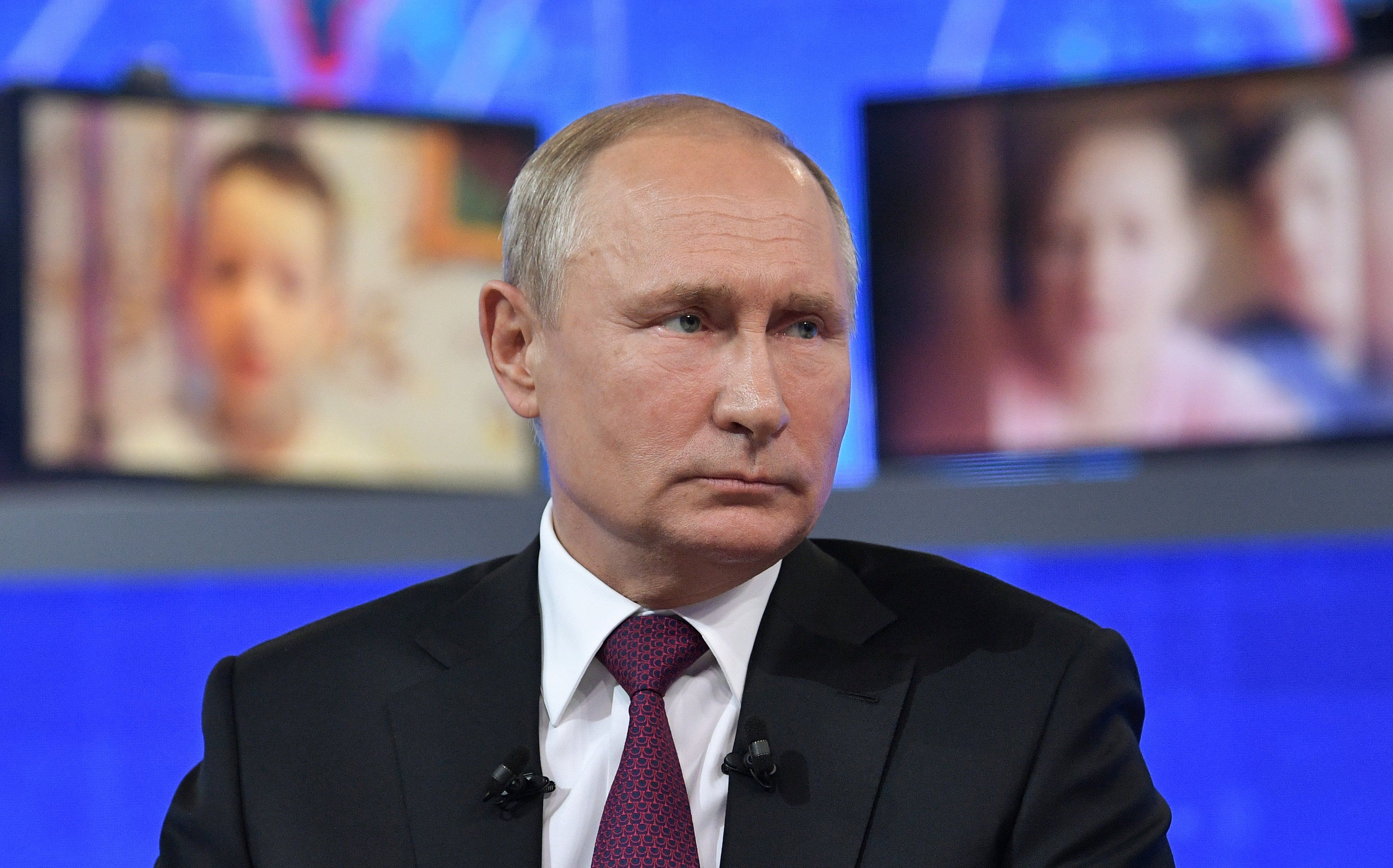On Tuesday, Russia’s President Vladimir Putin fielded questions from 18 carefully selected Russian milbloggers and war correspondents during a televised event. The occasion was interesting for several reasons. Putin took the unusual (for him) step of wading into the increasingly ugly battle of words between Yevgeny Prigozhin, head of the Wagner Group private militia, and Russian Defense Minister Sergei Shoigu.
The Russian president backed Shoigu’s call for all fighters now working for the many militia groups fighting for Russia inside Ukraine to sign contracts that bring them under the direct control of the Defense Ministry. Putin also claimed Russian forces will win the war by outlasting Western support for Ukraine, that Russia can defend its borders against future Ukrainian raids and drone attacks inside Russia, that Russian forces have effectively repelled Ukraine’s counteroffensive, and that no further conscription and mobilization of Russian soldiers will be necessary for the foreseeable future.
The message for ordinary Russians, especially for critics who say Russia isn’t aggressive enough in Ukraine: I’m in charge, and we’re winning, so don’t worry about it.
Is Putin genuinely confident? Or is this an effort to build much-needed unity in a moment of high Russian anxiety as Ukraine’s counteroffensive gathers momentum? The next move from Prigozhin, now on a speaking tour inside Russia, will also be important to watch. The war’s most colorful character looks to be standing on increasingly dangerous ground.
